Our company specializes in producing and selling a new standard of biomass charcoal made from underutilized coconut shells and husks that are typically discarded and can be used in the steel industry.
The classic and modern appeal of charcoal
Have you ever heard of charcoal? Charcoal is a type of fuel produced by heating wood or bamboo. Almost anything of various organic and biological origins can be made into charcoal.
There is a growing interest in using "charcoal" as a substitute for coal, as it is considered a viable alternative biomass fuel.

Attraction 1: Biomass-derived for decarbonization

Attraction 2: Compatible with a variety of materials
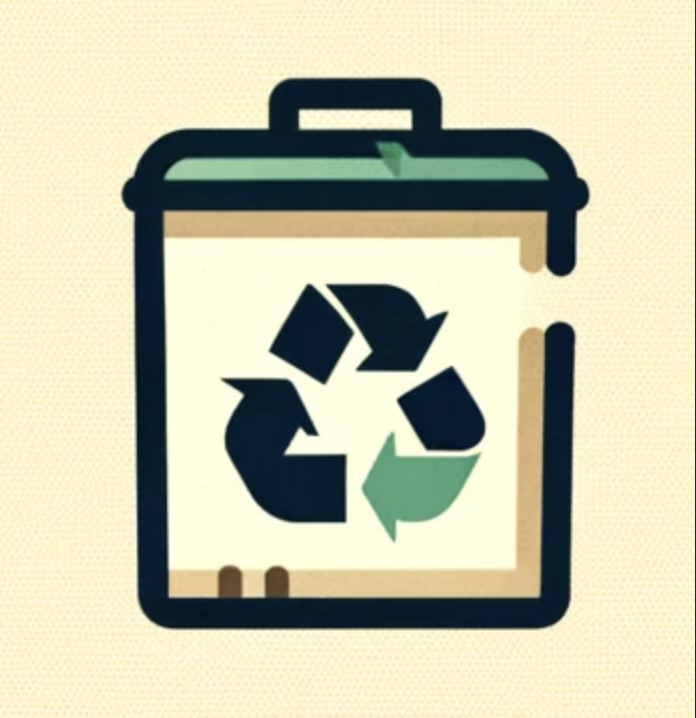
Attraction 3: Secondary use of resources with waste
AboutAbout BiomassCarbon
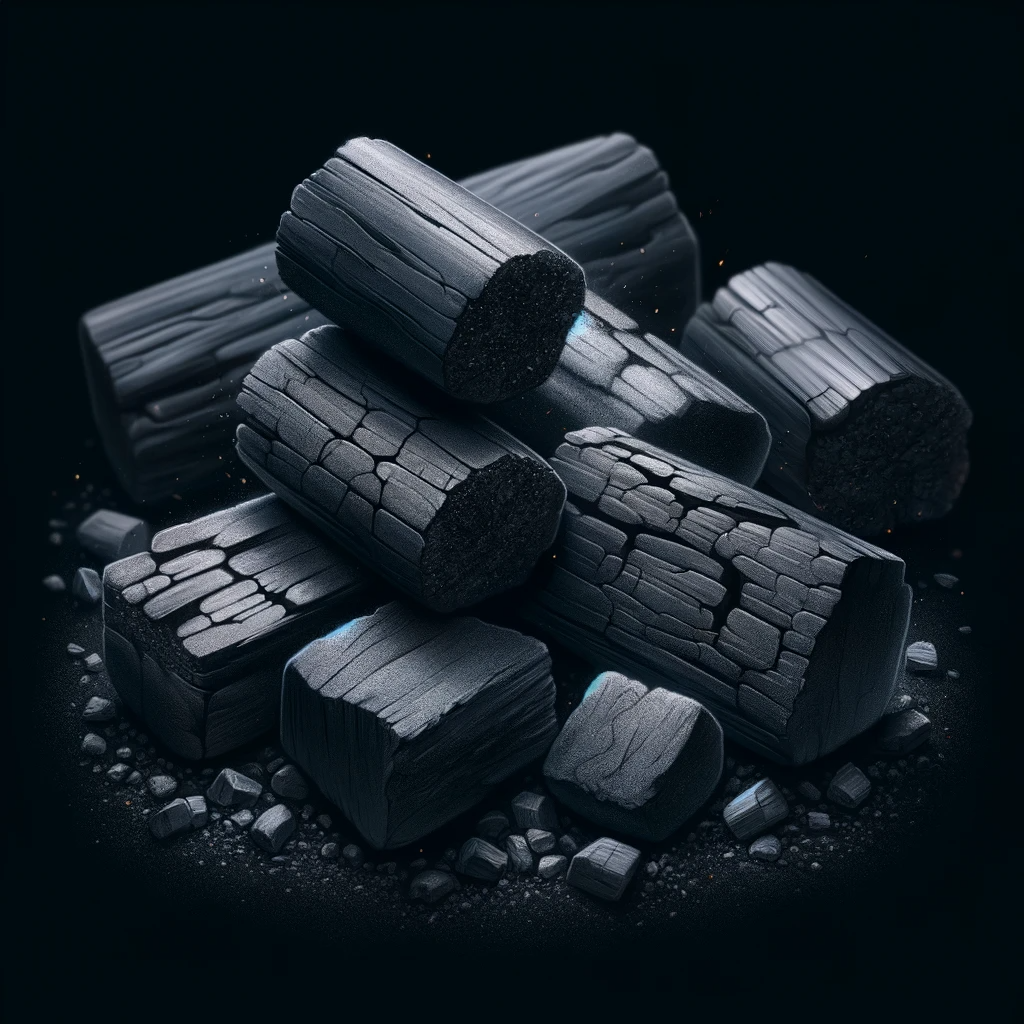
"What is Biomass Charcoal?"
Biomass charcoal is a type of biomass fuel made from organic resources such as plants and animals. This renewable energy source is carbon-neutral.
Challenging Decarbonization in the Steel Industry
Carbon is Essential in the Iron and Steel Production Process
The production of steel involves reduction reactions that require carbon from coal, which inevitably leads to CO2 emissions. This poses a significant challenge in reducing emissions while maintaining steel production.
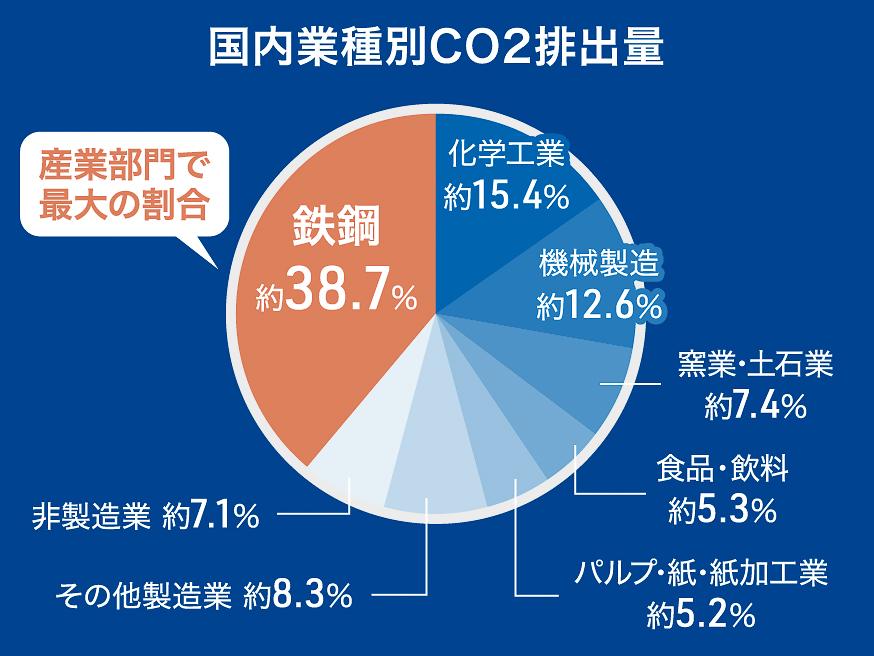
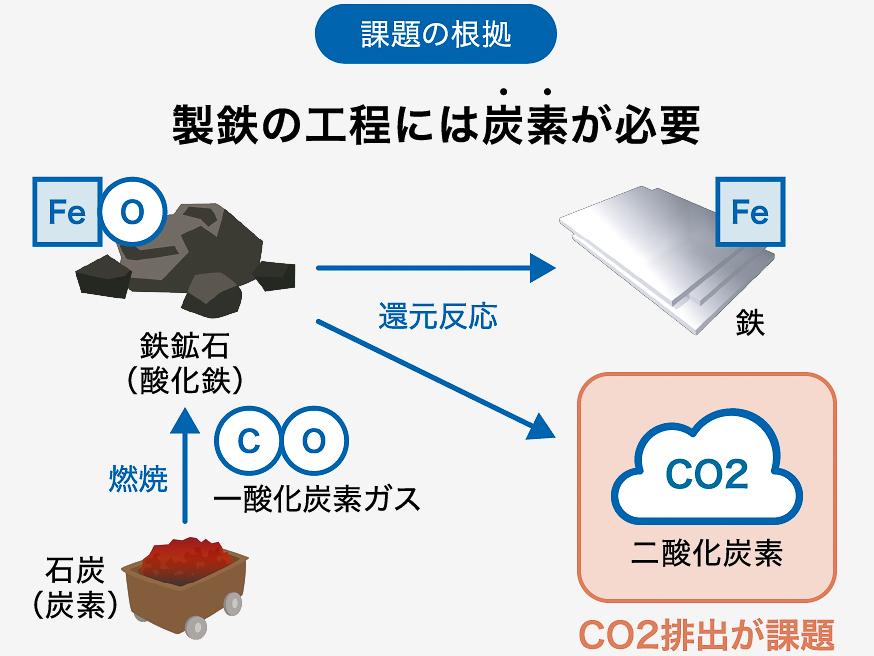
Indeed, biomass resources come from a wide range of sources, leading to dispersed industries and regions with the need for costly sorting and collection based on their specific applications.
The Bank of Japan has reported a significant challenge due to increasing industrial waste disposal costs. This presents a dual challenge for waste generators to improve profitability while addressing decarbonization.
Small and decentralized forms of emissions
Low specific gravity and low transport efficiency
Occurs in difficult transport locations
Biomass that is not used and is thrown away
The use of biomass is polarized
Biomass with low utilization presents challenges due to inefficient collection, transportation, and storage, as well as low cost.
BusinessOur Business
Our company aims to replace about 10-20% of the approximately 60 million tons of coal (Source: White Paper on Energy Conservation in the Economy and Industry 2023)used in the Japanese steel industry with biomass coal produced from coconut shells.
Charcoal made from coconut shells has a low ash content, which allows for high heat and combustion efficiency. In addition to its high functionality as charcoal, due to its high global harvest and the fact that it does not require new logging, we considered coconut-derived biomass charcoal to be a suitable alternative to coal.

Manufacturing and selling biomass charcoal made from coconut shells
The raw material for our product will be coconuts purchased from the Philippines.
Although the Philippines produces about 15 million coconuts annually (source: FAO), the shells are typically discarded. However, we plan to upcycle them into biomass charcoal, which will not only help to reduce waste but also provide a source of income for local farmers.
We have already developed biomass charcoal that can be used practically in some steelmaking processes.
Going forward, we will continue to develop variations of biomass charcoal to expand the range of practical processes even further.
We manage carbonization canters that are jointly operated by multiple companies
We have a business model in which we take over the operation and purchase the charcoal produced, recovering around 20% of the sales as operating expenses.
We are currently in negotiations with major companies, and we plan to start operations of the first carbonization center in Toyama Prefecture in 2024. We aim to expand nationwide after this initial launch.
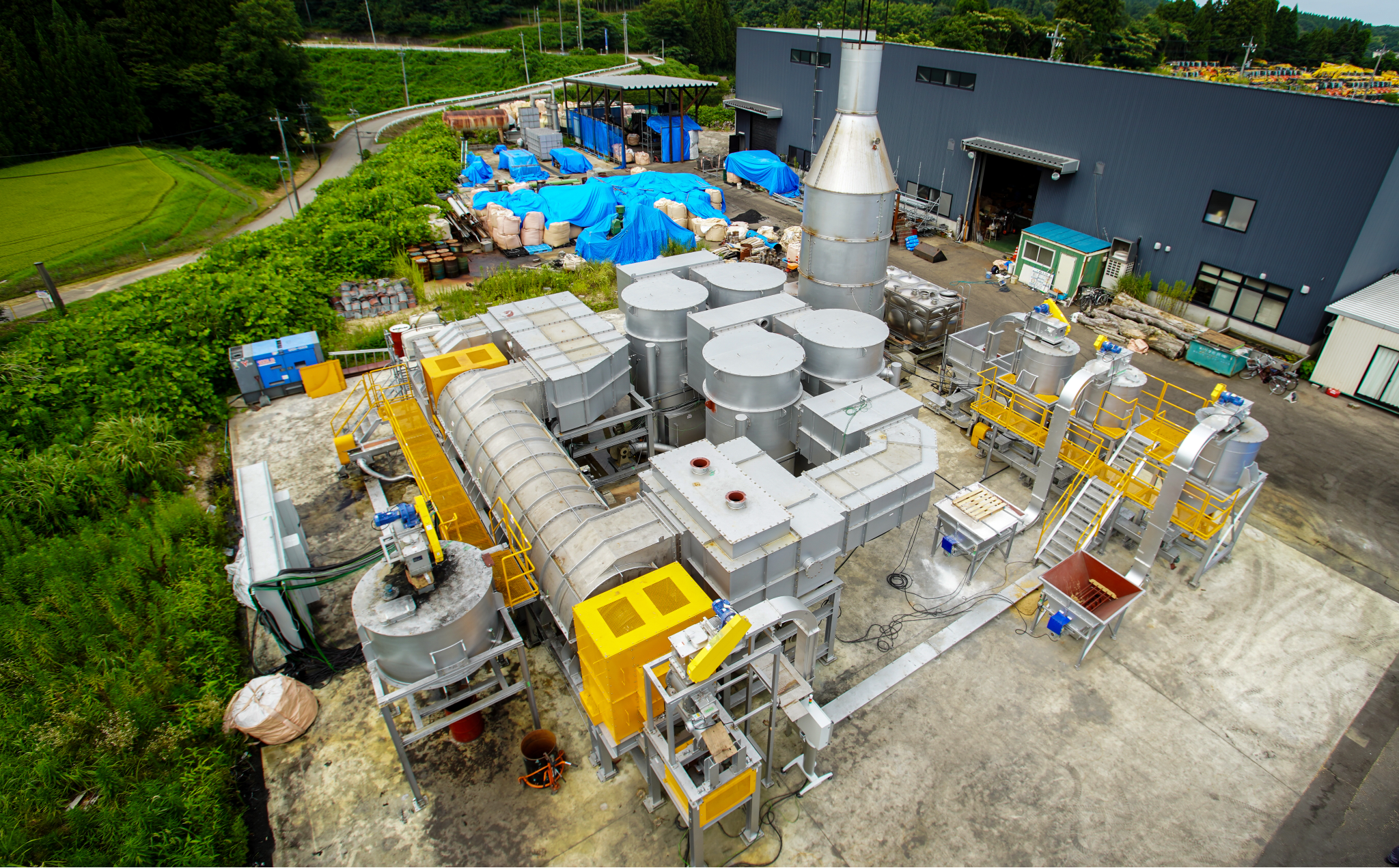
Our plan is to establish a reliable supply chain with a major steel company and establish a large-scale charcoal manufacturing plant in the Philippines by utilizing our extensive experience in operating a carbonization center in Japan.With this initiative, we aim to establish a production system that can complete the entire process locally and support local farmers as a source of income.
In the upcoming years, we plan to establish a supply system on a large scale, taking advantage of economies of scale to address cost issues. Our primary objective is to establish our brand as a prominent biomass manufacturer in Asia and to promote the use of biomass fuels in society.
We aim to promote carbon neutrality by proposing alternative fuels for coal-dependent industries to build a sustainable future.
FeatureOur Feature
NextCarbon
1
Biomass Carbon;Japan's energy transformation
With the creation of a supply chain capable of mass production, biomass charcoal could become a game changer in Japan's energy structure.
2
Utilizable Manufacturing Technologies
We are confident that ZE Energy Corporation's carbonization technology and supply chain, which we can leverage, are strong advantages.
3
Local Network
Our representative, Mr. Shirakawa, has business experience in Southeast Asia, especially in the Philippines, where he has acquired more than 300 local corporate clients.
4
Establishing a Large-Scale Supply System
By involving the steel industry, we aim to expand the biomass fuel market and transform Japan's energy structure.
Technical Expertise to Meet High-Difficulty Demands
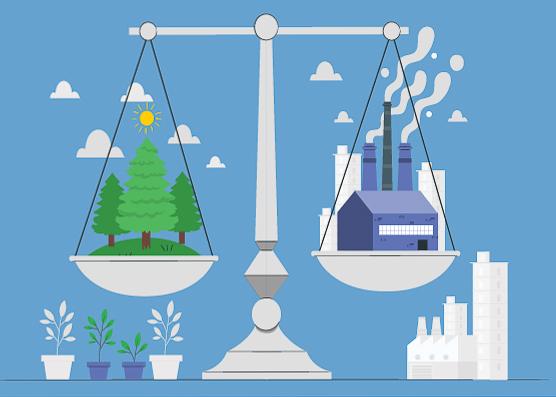
Target is the steel industry
Securing Stable Raw Material Sources
Potential for Product Development Utilizing Patent-Pending Technologies
We specialize in decarbonizing urgent major industries and building a sustainable business foundation.
PhilippinesNext Carbon Philippines and
NextCarbon Trading
Co-established NextCarbon Trading with high raw material procurement capacity
Our company has established a subsidiary NextCarbonPhilippines to manufacture and export in the Philippines. In addition, negotiations are underway with government agencies and local farmers in the Philippines to establish NextCarbonTrading as the main purchaser of raw materials.
NextCarbonTrading can procure approximately 212 tons of raw material by bringing together mayors and governors from regions with high raw material supply and co-founding them as members.
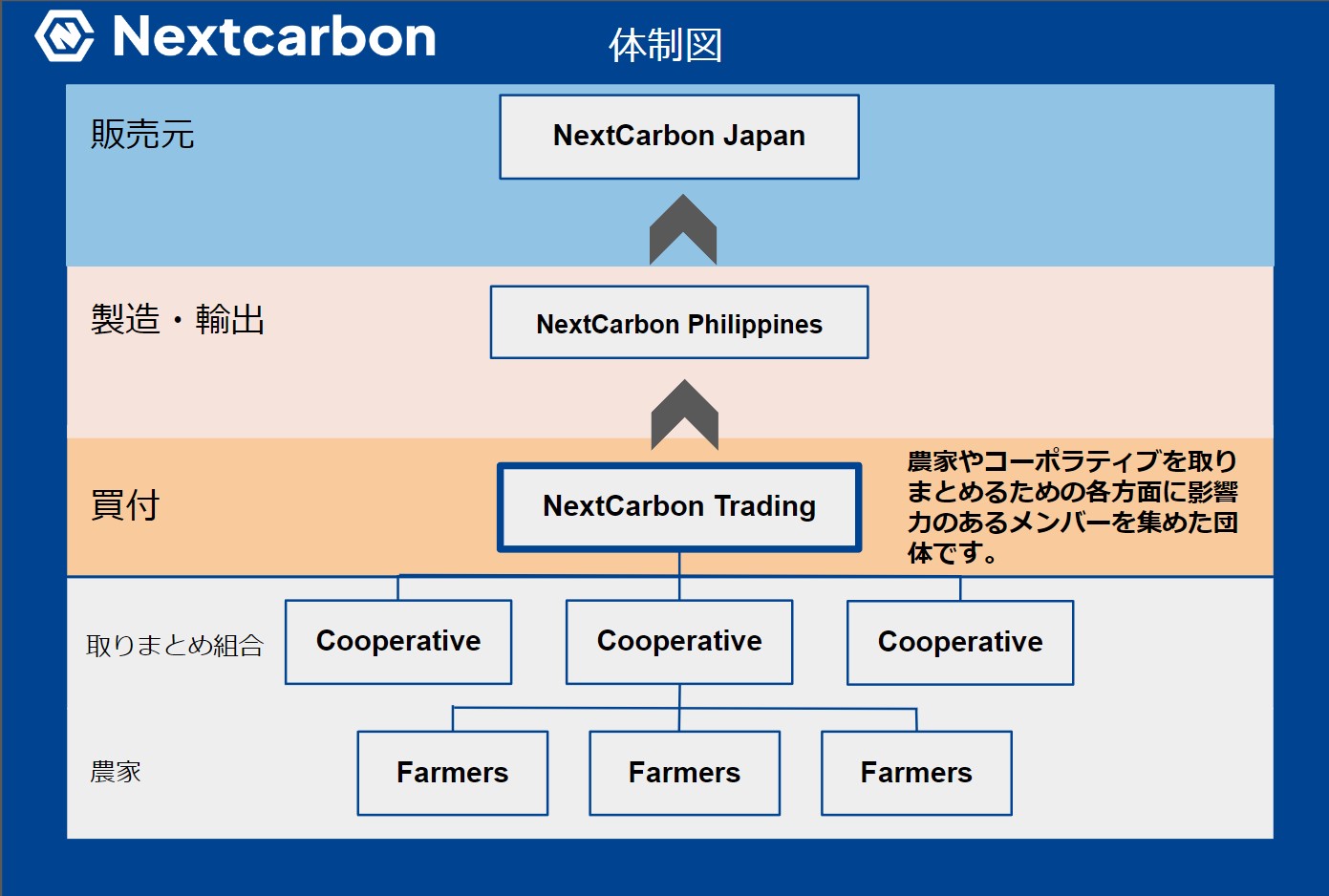
TechnologyOur Technology
Manufacturing Business of Biomass Carbon
Our company is collaborating with ZE Energy Corporation to conduct research on developing biocoke as an alternative to coke, which is the primary fuel used in steelmaking. Our goal is to commercialize this product within the next one to two years. We firmly believe that biocoke will make up approximately 70% of our biomass products in the future once it is put into practical use.
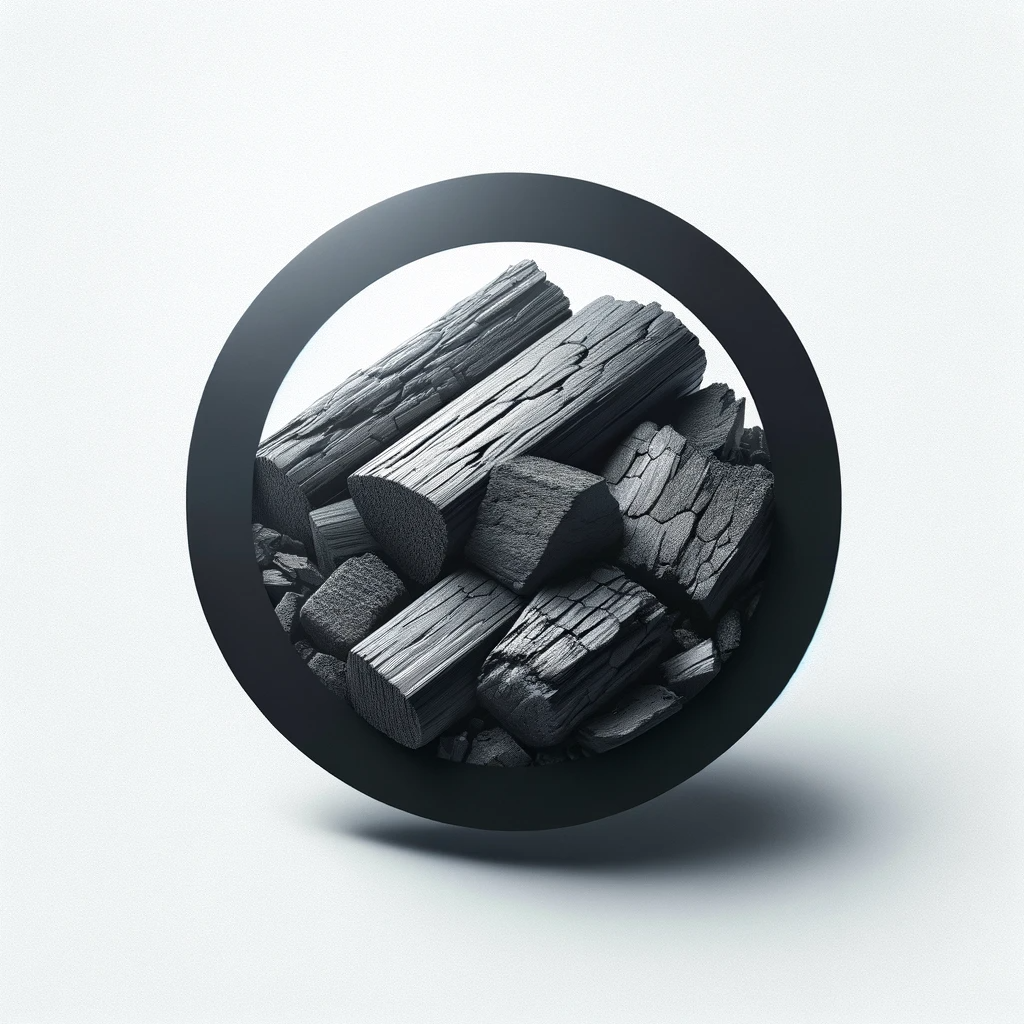
Biomass charcoal
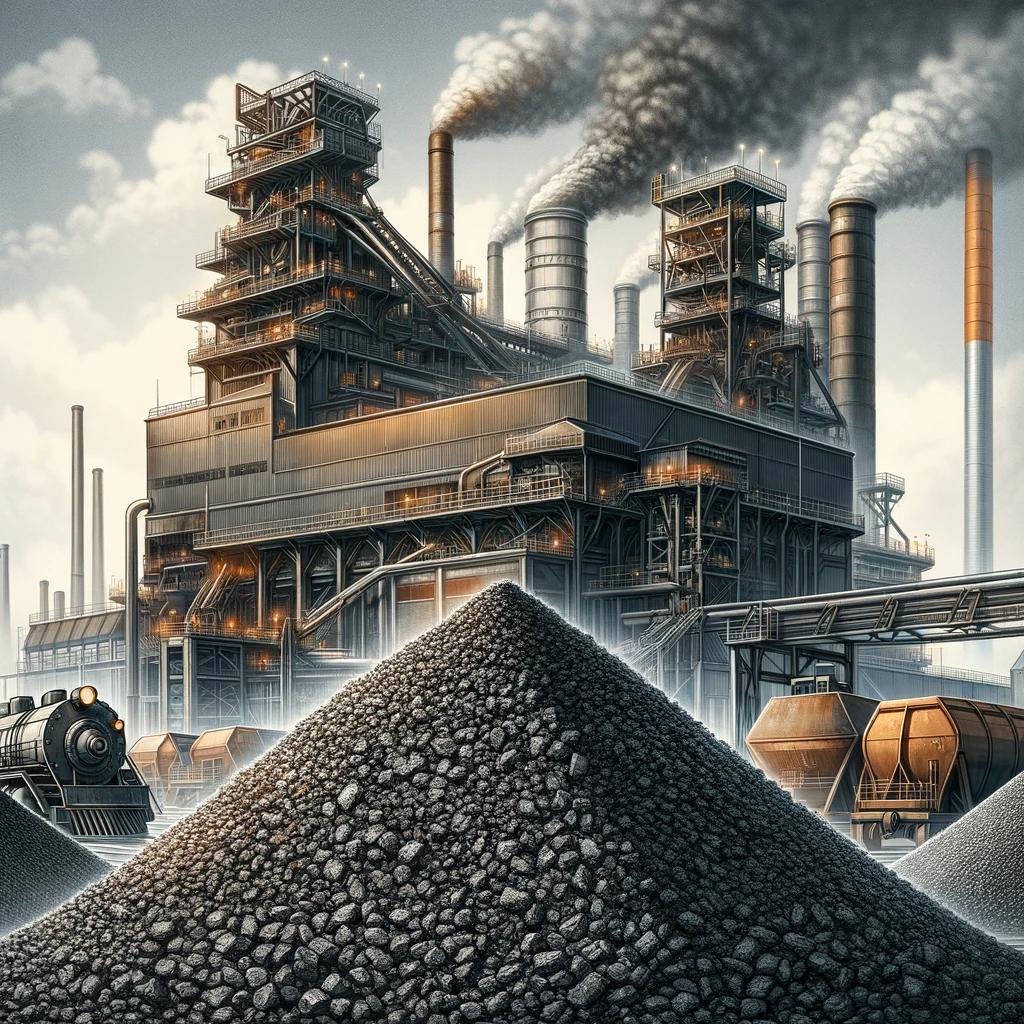
Biomass coaks
Purpose
Establishment of manufacturing technologyBiomass charcoal
- Fuel for pulverized coal boiler co-firing
- Molten steel heat insulator
- Auxiliary heat source for electric furnaces
Sub-use
Under research and developmentBiomass coaks
- Blast furnace reductant
Main-use
CompanyAbout Company
Our company was established through a joint venture between RiskTaker Inc. and ZE Energy Co. RiskTaker Inc. provides management support, while ZE Energy Inc. provides technical support for biomass carbon production and supply chain development.
Founder

Daiki Shirakawa
Founder
